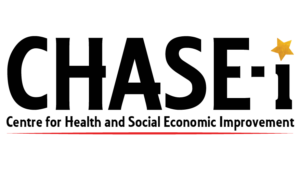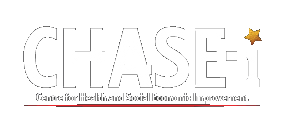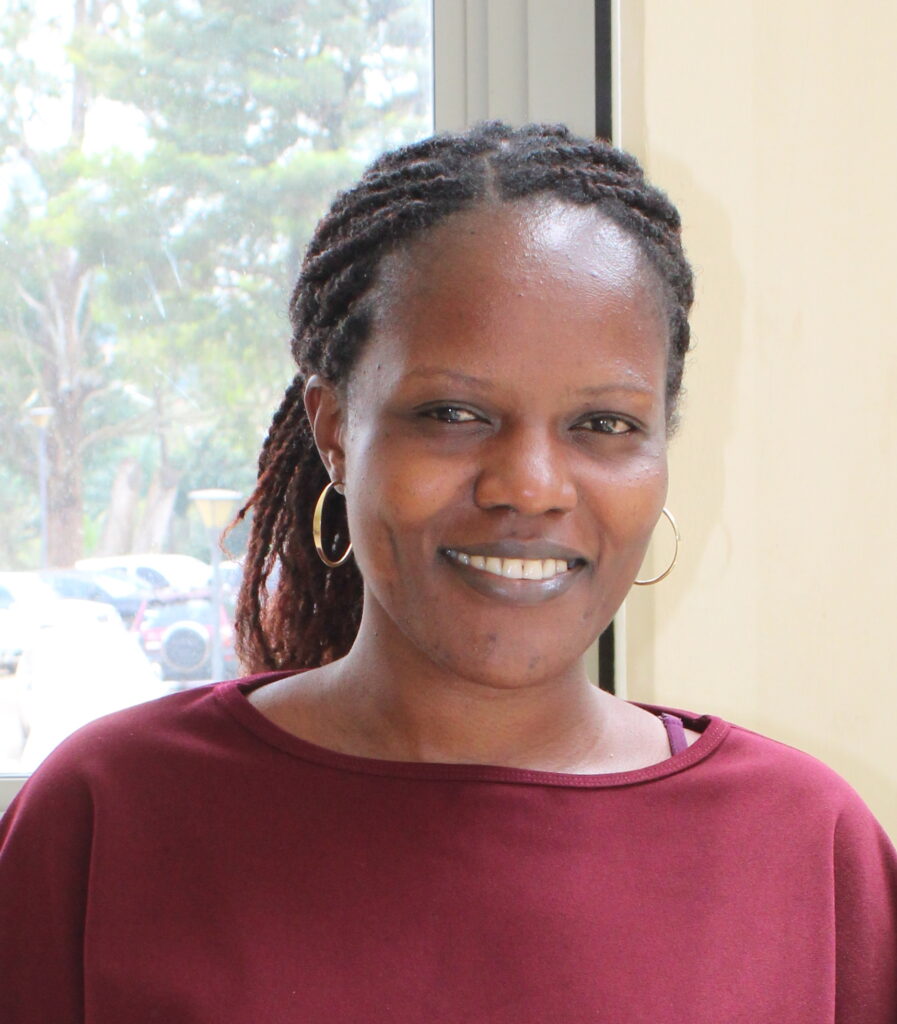Effective partnerships for research – The case of REFLECT Study.
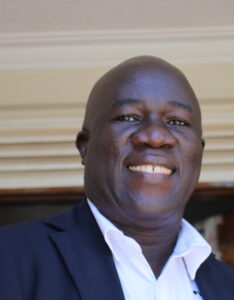
Dunstan Ddamulira
- December 22, 2020
The REFLECT study is being implemented in various refugee settlements of Kisenyi, Kyaka II and Adjumani by a consortium comprising of Makerere University (lead partner), Gulu University, Agency for Cooperation in Research and Development (ACORD-U), Lutheran World Federation (LWF) and the Ministry of Health (MoH).
In March 2020, ACORD-U was approached by Makerere University to develop a research proposal on COVID-19 among refugees. We accepted to be part of this research due to a number of reasons: first, the study is in line with one of ACORD Uganda’s current core aspiration of strengthening the “R” or Research element in the Organisation’s name. ACORD-U also considered the fact that the research topic is in line with one of its four strategic objectives namely; contributing to good health, wellbeing and access to universal quality health services. In addition, it was agreed that the research results will inform the practical work ACORD-U is engaged in. As such, ACORD-U nominated 4 staff to be part of the research project including myself as a Co-investigator; Ellen Bajenja the Country Director; Aggrey Mugabirwa the Mobilizer; Komakech Geoffrey also Mobilizer; and Ivy Nteyera our Communications Officer.
While participating in the study, ACORD-U acquired far-reaching experiences in the field of research that have positively impacted on our organisational image and the entire knowledge base. On the REFLECT study ACORD-U was overseeing the two research sites of Kisenyi in Kampala City and Kyaka II in Kyegegwa, South Western Uganda. Some of the specific roles we spearheaded include; planning for field activities, mapping and mobilising participants, data collection and organising events (e.g. validation and dissemination).
In this maiden partnership with Makerere University and others, we have learnt so much and I’ll just cite five (5) of these many lessons: 1) we learnt that, in a Consortium, systematic management and organised role distribution is a prerequisite for success; 2) that the rigour of the research process should always come first as it lays foundation for results; 3) M&E aimed at informing research deliverable achievement is essential for precise reporting; 4) media engagement and the resulting visibility is key to research uptake (e.g. the use of social media, print media and others); and 5) the real test of any research project is its ability to positively impact policy and practice.
As a development organisation mostly involved in programming, the ACORD team also got its capacity strengthened by this REFLECT Consortium. We have learnt a lot of lessons, knowledge and techniques in the preparation, design, delivery and presentation of impactful research. Right now, we are learning the art of dissemination, evidence-based policy advocacy and pathways to uptake while also improving our skills in stakeholder mapping and engagement. The REFLECT consortium has made significant strides and we know that, for sure, it is already changing the way we approach, implement and assess our programmes. It has also opened us up to a different way of increasing visibility and diverse stakeholder engagement – especially outside our usual humanitarian/development platforms.
However, the REFLECT Consortium partnership still has room for improvement in order to make future collaborative research projects even better and more impactful. Specifically,
- The Partnership should be developed and nurtured way before conceptualising the research topic; research partners should not come together only for purposes of implementing the study. A long-term partnership ought to be formed and identification of research issues jointly conducted. While this was an emergency COVID call that saw us quickly form a partnership for purposes of the REFLECT Study, the next call by Elrha or other funding bodies should find us more prepared and matured in our partnerships. For example, there are a lot of issues to take forward from this study – and it is my hope that our partnership with Makerere University and the others on this project will continue and build on from this foundation.
- Secondly, the research time could have been much longer than what was provided for to cater for eventualities and unplanned delays. Therefore, future studies should be allocated ample time to enable the research team fully exhaust all the processes including dissemination, validation and designated period in which the use of appropriate results is tested.
- Finally, the design of future research projects should ensure that there is longer orientation and closer mentorship of the non-academic partners by academic partners particularly in generation of papers for publication and other research-related processes.
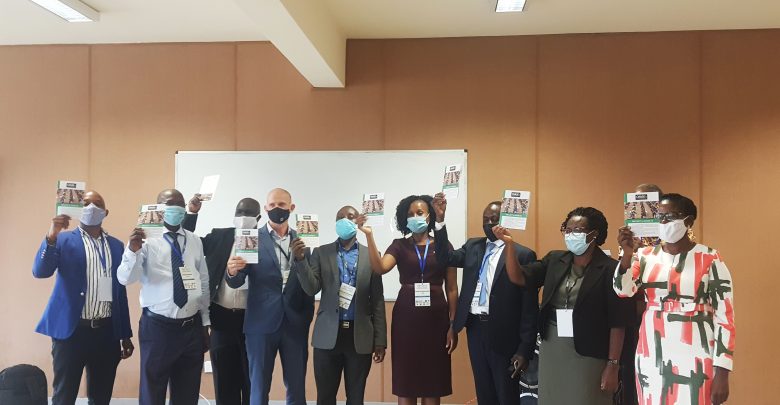
REFLECT study team members launching the project on the Sept 20, 2020
L-R: Andrew Masaba (LWF), Dr. Denis Muhangi (Makerere University), Dunstan Ddamulira (ACORD), Jesse Kamstra (LWF), Prof. Eddy Walakira (Makerere Univerisity), Dr. Gloria Seruwagi (Makerere University), Prof. Stephen Lawoko (Gulu University), Ellen Bajenja (ACORD) and others
About the Author
Dunstan Ddamulira Paul is a WASH expert with skills in programming of Development and Humanitarian projects while combining practical work, research, and advocacy. Currently working as Director of Programmes for ACORD Uganda, he has over 20 years of hands-on experience in the management of multi-sectoral programmes. Dunstan’s background is in the areas of Institutional Management and Leadership; Water Resources Management; Civil and WASH Engineering.
